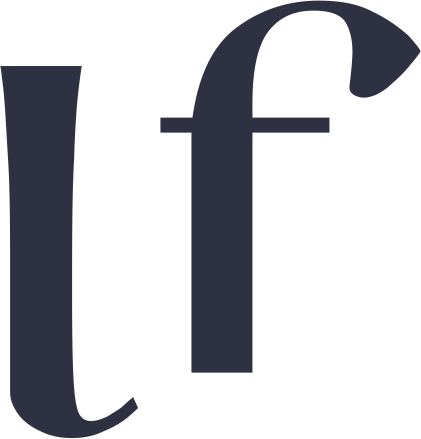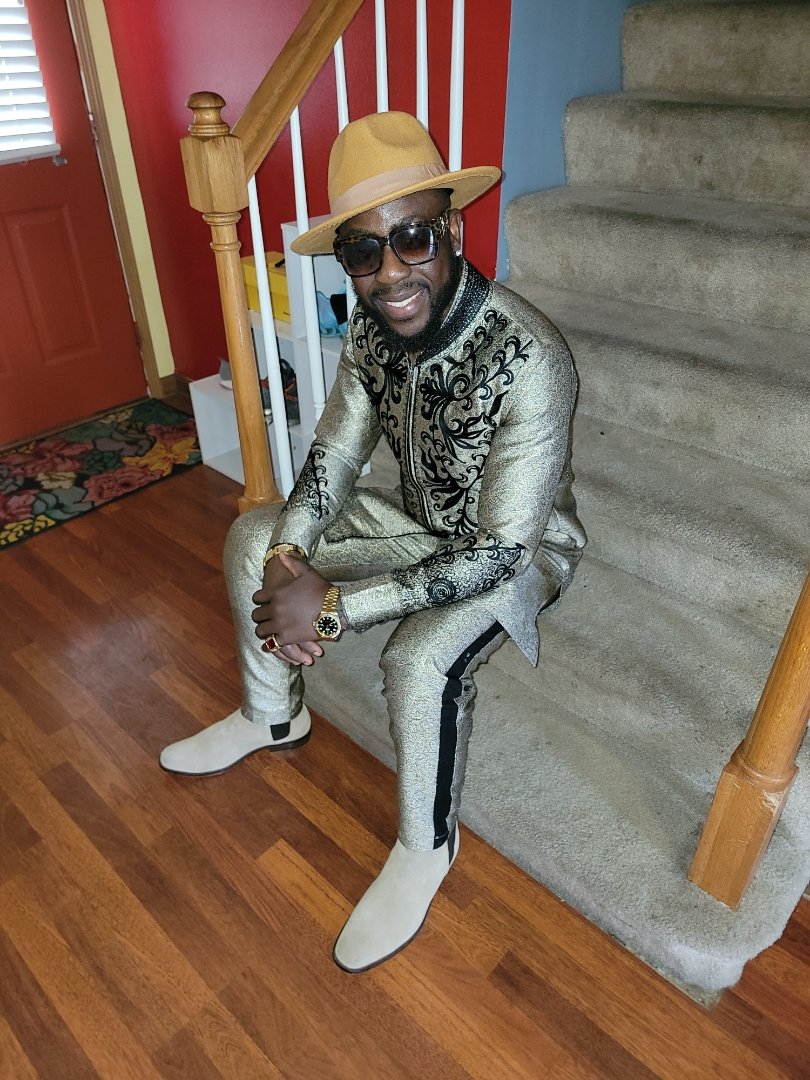Business Specialist Euloge Sekle Shares 5 things he can’t live without
MY FIVE: A series where we ask Omahans to share their five favorite things
By: Xitlally Velasco
Euloge Sekle is a dynamic individual who brings a wealth of experience and knowledge to the table. Born and raised in Togo, West Africa, Euloge has always had a passion for learning and understanding the world around him.
After completing a few years of college studying pre-law and anthropology, he decided to continue his education in the United States, eventually settling in Omaha. With a bachelor’s degree in Business Administration from Bellevue University, Euloge has honed his skills in marketing and is well-equipped to tackle the challenges of today’s fast-paced business environment.
Euloge oversees more than 900 small businesses in the metro area for Wells Fargo. He actively supports and promotes these businesses through network events and grand openings, and keeps partners informed of financial and business changes to maximize their making benefits.
He serves as an advisory board member for the Midlands African Chamber and a council member for the diversity and inclusion initiative of Blueprint Nebraska, which aims to drive local and state legislative changes for long-term economic growth in Nebraska. He is a member of the Millard Business Association and the West O Chamber, further demonstrating his commitment to community advancement.
“My passion for customer service, talking to and helping people find solutions to their problems, lead me to take on the challenge of focusing more on small businesses, therefore becoming a business specialist,” Euloge said.
He regularly volunteers his time to Habitat for Humanity and is dedicated to promoting financial literacy by speaking at Benson High School and other Omaha area schools. Additionally, he holds a leadership position as a deacon at a Presbyterian church and pursues his passion for soccer as a coach.
We asked Euloge to share five things he can’t live without, and this is what he said…
1. Family
Family is my top priority. They are my motivation and the reason behind everything I do. I believe that strong families are the foundation of change, and that building strong communities, neighborhoods, and cities starts with how we raise and love our children.
In line with the African proverb, ‘It takes a whole village to raise a child,” I place family values at the cent of all my decisions.
2. Culture
Culture is an integral part of our identity. As an immigrant who has experienced the challenge of adapting to a new culture, I understand the significance of preserving one’s cultural heritage. When you lose your culture, you lose a piece of yourself.
African culture is incredibly rich and diverse, yet it has not been given the recognition it deserves. From its delicious cuisine and captivating music to its unique fashion, there is so much to be proud of. Despite being a fashion enthusiast, I am “shy to showcase African fashion because America, for a long time, made me doubt the beauty of African fashion.”
“Afro beats were popular in Africa and worldwide for so long and are now popular in the West because they finally decided to see its value.”
It’s time to reclaim and celebrate our culture, rather than feeling ashamed of it. The more we learn about other cultures, the more we become culturally aware and respectful of diversity.
3. Diversity, Equity, and Inclusion.
I have witnessed my children subjected to racial slurs, being called the N-word at their sports activities, and my daughter being belittled for her curly hair and brown skin. My commitment to diversity, equity, and inclusion stems primarily from my love for my family. I want to make sure that they have the same opportunities and are not faced with discrimination based on their appearance.
That’s why after living in Omaha for 20 years, I feel it’s time to take action on diversity, equity, and inclusion. Racism is a systemic issue, but we have the power to change it. Despite having more social and cultural capital than any other marginalized group, the Black community is still left behind. We can do better.
In many communities, Black people are still fighting for equality, financial stability, cultural representation, fairness, and access to business funding and opportunities that should be available to everyone. It’s not right that these barriers continue to exist and it’s important that we work to break them down.
One of the biggest challenges we face is the idea that we should “not see race.” This type of rhetoric ignores the reality of the problem and prevents us from finding a solution. Admitting that there’s a problem with racism and privilege is the first step toward fixing it. No one would say that being born white automatically make someone a racist, but it does come with certain privileges. Acknowledging this is crucial in creating a more equitable society.
Many people don’t see race because it’s not a part of their own experiences. So, when Black people talk about discrimination and racism, they’re not looking to argue or debate the issue of race relations. They’re simply sharing their own experiences and what it means to be Black. And when Black people say, “I’m proud to be Black,” it’s not about superiority. It comes from a place of both pain and empowerment. Being proud to be Black means acknowledging the courage, strength, determination, resilience, and hard work required just to be accepted as equal.
4. Holistic Healing and Dieting.
Through my life and health journey, I’ve learned that ignorance is the number one killer.
I can't stress enough the importance of prevention. We tend to prioritize everything else until we become ill, and then suddenly our health becomes the most important thing. That’s why taking a break and practicing self-care are so valuable. You owe it to yourself to prioritize your health and well-being.
I had to educate myself about health and wellness after experiencing some health issues. I learned that the healthier you are, the better you feel about yourself. However, during my health journey, I was disappointed to find that not one doctor asked me about my lifestyle, stress levels, or diet. They seemed more focused on the diagnosis and treatment plan. That’s why I took matters into my own hands and decided to study and use a combination of modern medicine and a holistic approach to maintaining my health.
There’s a common misconception that if you talk about diets and holistic healing, you must be against modern medicine. But in reality, we need both. Modern medications can provide quick relief, while holistic practices should be integrated into our daily lives. As the holistic healer once said, “Humans are so disconnected from reality that we need studies to prove that eating raw fruit and vegetables is healthy.”
5. Financial literacy and small business.
Money is literally the energy that fuels life. Without the freedom to make and manage money, we can’t truly enjoy the freedom to live life on our own terms. That’s why I’ve made it my mission to promote financial literacy in the metro area, with a special focus on minority communities.
I like teaching financial literacy, especially in minority schools and businesses, as they groups often lack access to information and mentorship. The first time I taught high school seniors, almost all of them had no understanding of money. Without basic knowledge about what money is and how it works, it’s impossible to set and reach financial goals.
The Institute for Women’s Policy Research reported that closing the gap in racial and gender pay alone will create an economic opportunity to improve the economy dramatically. Let’s strive to empower our communities by promoting financial literacy, and entrepreneurship, and creating opportunities for growth and success.
My ultimate goal is to promote entrepreneurship, create new entrepreneurs, and open new businesses. Please dare to be great, take risks, and start a business in something you are good at and passionate about. Find purpose in helping others become successful. Let’s go to work and, together, be the change agents.
Xitlally Velasco is a University of Nebraska at Omaha journalism student with a concentration in public relations and advertising, and a minor in Psychology. She is the Marketing and Public Relations Digital Content Curator at Lozafina.




































